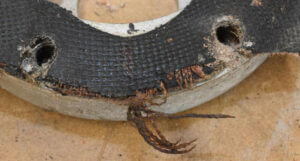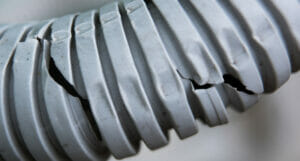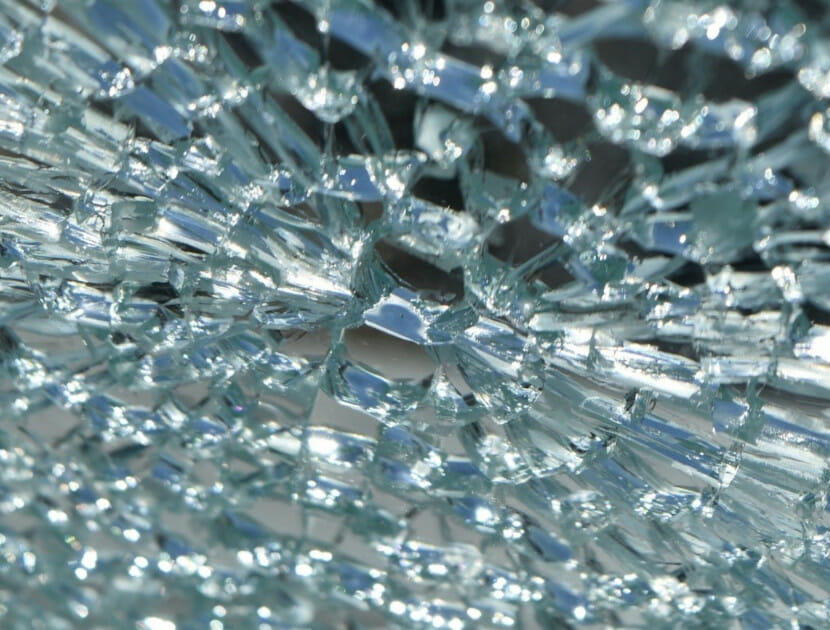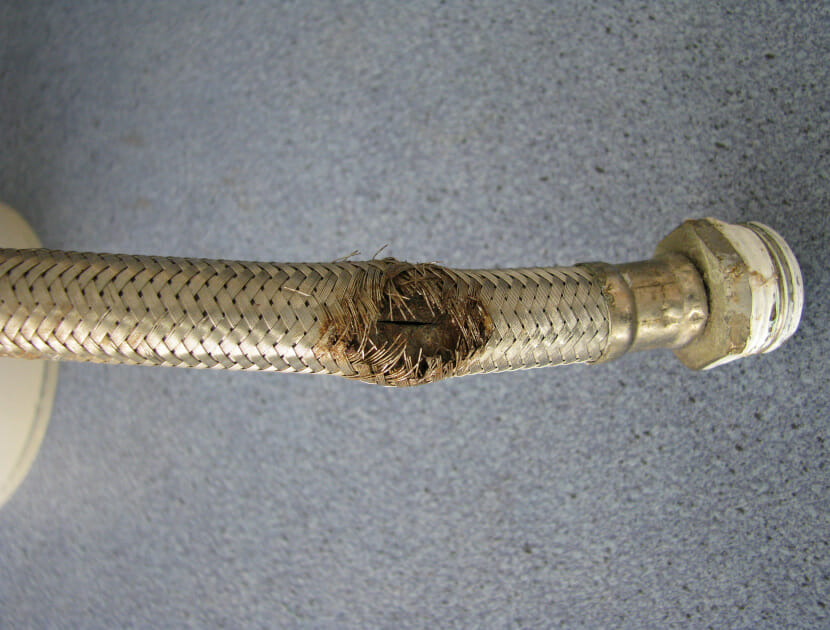Packaging
Failures in packaging can result in damage to products, which can be very costly. The costs are not just the result of high value claims; it can include damage to reputation and loss of consumer confidence.
Protecting products from damage or ensuring that they arrive to the consumer in their intended condition is imperative. However, packaging failures can affect more than just the stock inside them. In addition to the financial costs of packaging failures or damage, brand reputation and loss of sales is an important consideration and can have lasting consequences for any business.
We have investigated numerous cases involving packaging failures and have liaised with manufacturers and distributors to identify issues swiftly so that problems can been addressed and further loss of stock or subsequent damage can be minimised.
Damage to food packaging from poor materials selection can result in loss of integrity, soiling the contents and possibly cross contaminating other items. For example, corrosion of metal bottle tops on drinks, poor sealing of polymer edging and even personal injury from poorly made glass bottles.
We can investigate such failures by carrying out detailed inspections of the components and considering the design, manufacturing processes, storage environments and eventual use.
We use well established analytical techniques to discover whether a component was specified or manufactured as it should have been, or whether there are other contributory factors in order to provide options for recovery and to identify ongoing risks for consideration.
WHY APPOINT A FORENSIC INVESTIGATOR?
Our expert materials scientists and engineers have years of technical and practical experience of investigating packaging failures.
We have the skills, knowledge and equipment to identify causative factors and can help to design alternative packaging for future use.
- We support subrogation/recovery efforts.
- We help you to make decisions regarding where legal responsibilities/liabilities lie.
- We help you to defend wrongful claims.
- We produce reports suitable for Court and litigation.
- We provide you with the answers you need to determine why an incident occurred and so assist in repudiation / cover decisions and fraud identification.
- Our experts have a wide range of industrial experience, including detailed knowledge of all packaging types, manufacturing processes and applications and can carry out targeted research to support investigations.
- We have laboratories and equipment designed specifically to investigate material failures and have access to specialised equipment in external laboratories.
- We will help you to determine if an incident could have been avoided.
- We provide consultancy advice to prevent similar events happening again in the future.
- If removing a risk entirely is unavoidable, we advise on steps to take to mitigate the risk and reduce the potential damage resulting from an incident.
- We advise on servicing, maintenance and repair regimes.

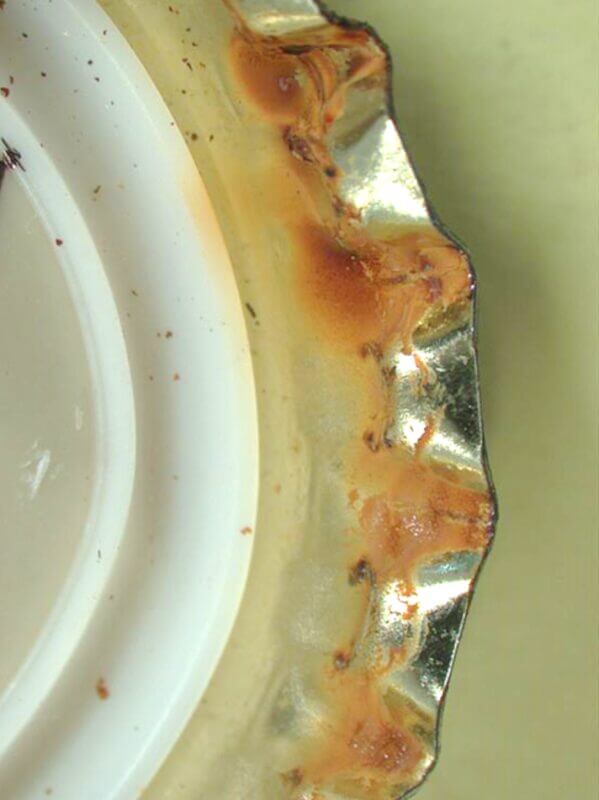

Examples of Typical cases
Examples of packaging failures investigated at Hawkins include:
- Corroded bottle tops
- Biscuit packaging
- Faulty glass drinks bottles
- Coating issues of tin cans
- Comparison of packaging for fraud cases
- Affect of water damage to packaging
- Transportation packaging
- Personal injuries from faulty packaging
- Plastic bottle top failures
If you would like to know if we can help, please fill out our enquiry form or give us a call for a free consultation.
HOW DOES HAWKINS INVESTIGATE PACKAGING ISSUES?
1
Consultation
We like to speak to you before we conduct any work, to establish the value we can add to the case. These discussions help us to understand your requirements, as well as determining how much information is already available, including for example, service records, first-hand witness accounts, photographs, and videos. We are also happy to provide you with an estimate of the cost of conducting a forensic investigation.
2
Inspection
If required and with your agreement, we will arrange to visit the scene to inspect the damage. Wherever possible, we will retain packaging for examination in our laboratory, where we use a range of equipment, tools, and tests to determine the cause of the failure. This could include microscope examinations, recreating an installation in a controlled environment, or testing exemplar components or materials.
3
Conclusion
Once our examination is complete, we will discuss our findings with you and prepare a report containing a detailed account of our investigation, conclusions, and where appropriate, further work or advice.
SPEAK TO ONE OF OUR EXPERTS
Principal Associate
- Composites ,
- Glass & Ceramics ,
- Metallurgy ,
- Plastics/Polymers ,
- Escapes of Water, Oil & Gas ,
- Construction Injuries ,
- Falls from Height ,
- Marine Coating Failures ,
- Materials Failures Onboard Ships ,
- Materials, Chemistry & Biology ,
- Concrete & Aggregates ,
- Electronic Materials ,
- Fibres & Textiles ,
- Packaging ,
- Water ,
- Wood
Related areas of expertise
Composites
A composite material is any multicomponent material that contains two or more distinct constituents or phases, i.e. it is made from a combination of two or more different types of constituent material. Perhaps the most familiar examples in modern engineering are glass or carbon fibre reinforced plastic (GFRP or CFRP).
Plastics/Polymers
Polymers, or plastics as they are more commonly known, are used in all aspects of modern-day life: from pipework to paint coatings, textile fibres to automotive components and adhesives to hot water bottles. Plastics are imbedded into our way of life, and failure of these materials can lead to personal injury, escapes of water, loss of earnings, to name just a few outcomes.
Glass & Ceramics
Hawkins can determine the cause of failure of ceramic and glass products which can often lead to personal injury, structural damage, loss of earnings.

